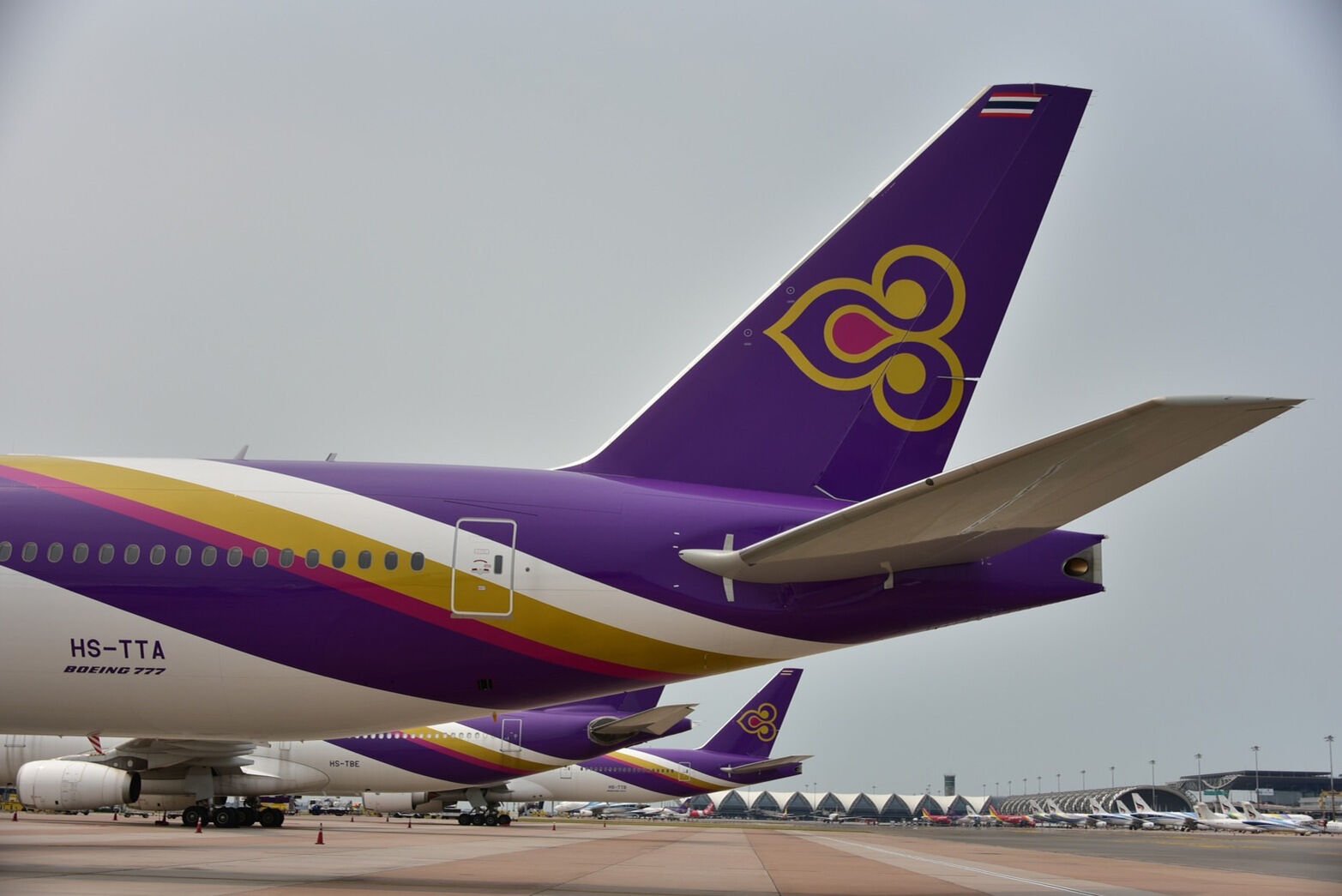Thai Airways cash turbulence: Will shareholders give a capital lift-off?

In a dramatic twist, shareholders of Thai Airways International (THAI) are in a heated debate over whether to pump more cash into the airline, despite its recent financial turnaround. With a shiny rehabilitation plan in place, which includes a bold proposal for capital injection, the airline’s comeback story is under the microscope.
Central to this saga is the question of creditor backing. The Finance Ministry, a major player, alongside other key creditors, are largely cheering from the sidelines, ready to turn debt into equity, according to their strategic conversion blueprint. Tibordee Wattanakul, head honcho at the State Enterprise Policy Office (SEPO), confirmed the majority are all set to leap.
“Thai Airways is on track to ditch its rehab plan by mid-February 2025 and hit the stock exchange running come May 2025, ticking off all the boxes required.”
No longer a state enterprise, THAI is now the subject of intense debate over the necessity of another cash boost, especially with its noteworthy performance uptick. The Finance Ministry and SEPO are at the forefront of these discussions, weighing the pros and cons of the move, said Tibordee.
“The company’s performance has been on a steady climb, leading shareholders, including the ministry, to ponder if an extra cash injection is really needed.”
THAI is eagerly urging shareholders to greenlight the capital injection, with around 12.5 billion baht earmarked for this bold move according to the ministry’s grand plan. If shareholders sign off, the Finance Ministry’s slice of the pie could nudge up from 40% to roughly 41%.
Creditors, on the other hand, are mulling over the debt-to-equity swap details, which give them the chance to convert 100 baht of debt into a 24.5% equity stake, leaving the remaining 75.5% in their hands.
Given the airline’s stronger financial showing, it’s expected that creditors will grab the equity route, eyeing swift returns through share sales if stock prices soar, rather than biding their time for long-winded debt repayment. The Finance Ministry is all set to convert its entire debt into equity.
Amid whispers of discontent from some creditors about the new appointments from the Finance and Transport ministries as overseers of the airline’s rehab plan, Tibordee set the record straight, insisting there’s no political skulduggery involved.
“These appointments are laser-focused on securities and company valuation, with reps coming from Sepo and the Office of Transport and Traffic Policy and Planning.”
Tibordee believes creditors aren’t pushing back against these moves but are merely seeking more time to mull them over, reported Bangkok Post.
“Whether the extra appointments are seen as political is up for debate. With the government holding a hefty 40% of Thai Airways, it’s tricky to completely sidestep such involvement.”
As the suspense builds, so do the complexities surrounding the rehab plan, with all eyes on Thai Airways’ future flight path.
Frequently Asked Questions
Here are some common questions asked about this news.
Why might Thai Airways’ creditors prefer equity conversion over debt repayment?
Equity conversion offers potential quicker returns if stock prices rise, avoiding lengthy debt repayment periods.
How could further capital injection impact Thai Airways’ shareholder dynamics?
If approved, it could slightly increase the Finance Ministry’s shareholding, altering the balance among existing shareholders.
What if Thai Airways exits its rehabilitation plan earlier than expected?
Early exit could boost investor confidence, potentially leading to a rise in stock value and quicker financial recovery.
How do non-political motivations influence Thai Airways’ rehabilitation administration appointments?
Appointments focus on ensuring detailed oversight of securities and valuation, aiming for efficient rehabilitation strategy implementation.
What are the implications of Thai Airways no longer being a state enterprise?
This status change could lead to increased operational autonomy and potentially attract diverse investors seeking reduced governmental influence.
Latest Thailand News
Follow The Thaiger on Google News:


























